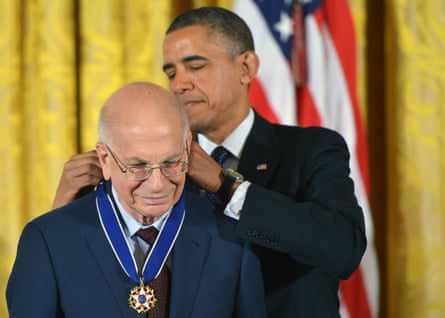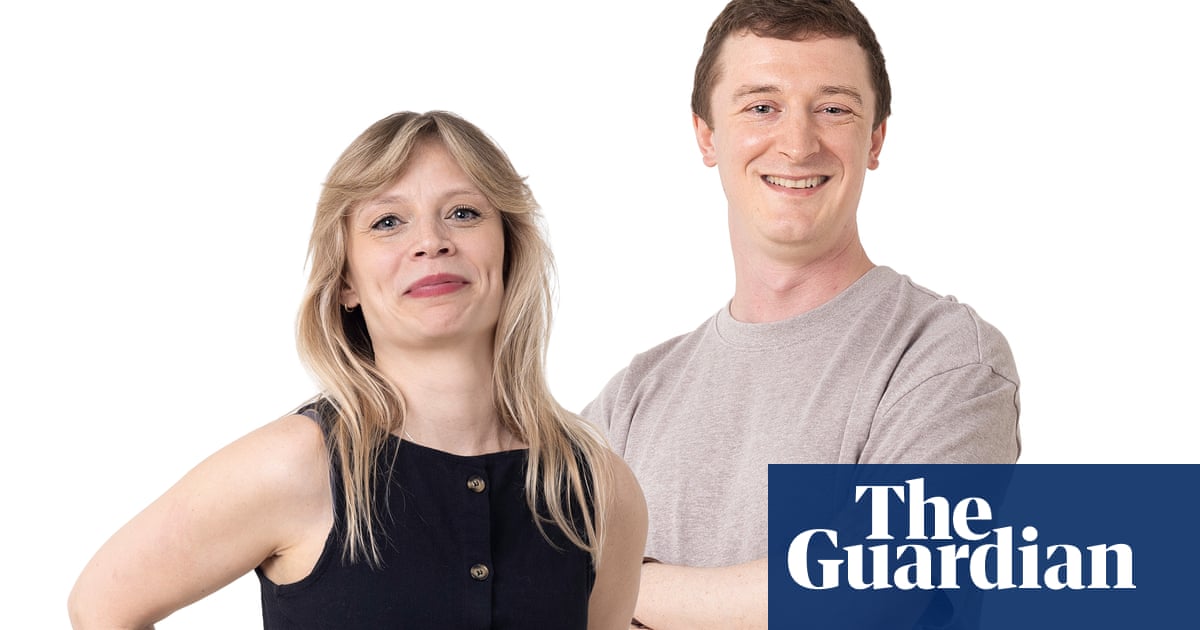Daniel Kahneman was a brilliant scientist who marvelled at his own errors in thinking. “The essence of intuitive heuristics: when faced with a difficult question, we often answer an easier one instead, usually without noticing the substitution”, he wrote in Thinking, Fast and Slow. He turned that fascination into a career, becoming one of the founders of the field in modern psychology known as judgment and decision making.
I first met Danny when I was a student at Stanford, working in the laboratory of his longtime collaborator Amos Tversky. Danny worked across the bay at University of California, Berkeley, and he and Amos alternated visits on a regular basis, just as they alternated authorship on their papers. It was Danny’s turn to come to Stanford.
I was nervous. I had feasted on his scientific papers and was both fascinated and profoundly intimidated by the sheer elegance of thought displayed in them. No stone was ever left unturned in the quest to understand some phenomenon, some foible of human reasoning. And that was the essence of Danny’s work: we are far from rational creatures, and the ways in which we mess up thinking about things can be poked at, looked at from every facet, and examined down to every minute detail.
Danny and Amos did nearly all of their best work not in the laboratory, or in an office, but walking around the verdant campuses of Stanford and Berkeley. It was Danny’s idea that the new guy – me – might accompany them on one such walk in 1992. Danny was warm yet a bit reserved, less talkative; Amos was bolder and more outgoing. They argued, laughed, and – upon learning that I was taking a writing class – brought me into the fold, writing alternative scenarios for various experiments on the myriad ways that people make irrational decisions all while believing, overconfidently, that they are making rational ones.
In 2010, I asked Danny for advice about my book The Organised Mind. He said he was “labouring” on his own book, Thinking, Fast and Slow; he despaired of neither wanting to nor being able to finish it. Danny was more comfortable writing articles and doing science, and the thought of trying to distil a lifetime of work and insights into a public-friendly narrative was not appealing to him. But after much soul-searching and struggling, he did. After it came out, no one was more surprised than he at its success. In typical self-effacing style, Danny wrote to me eight weeks after publication: “The book has done much better than I thought it deserved to do, so I am as surprised as I am pleased.”

At the time he died, we were working together on a paper about a strange case of human judgments involving memory for trivia. When we asked people to name as many animals as they could, people’s responses often clustered into sub-categories: household pets (dog, cat, parakeet), farm animals (goat, pig, cow), zoo animals (elephant, giraffe, lion). Over a dozen telephone calls, six months of email correspondence, and several dinners, Danny and I poked and prodded at the phenomenon, arguing over what to call it. Here, names matter! Accounting for it within an existing theoretical framework would be more parsimonious. Was it an example of the “availability” or “substitution” heuristic, or a new heuristic we called “category inversion”? He could be simultaneously charming, nurturing, dismissive, and maddening. I savoured every argument because I knew I would learn something. We never settled it.
Great science is about being willing to change your mind. Danny did that a lot and had the ability to laugh at the earlier self that overconfidently thought it was right. The last email I received I got from him suggested a new, unspecified insight that I am still mulling over: “I have reread our correspondence and am afraid I was wrong, and misled you.” Had he lived longer, the inexhaustible new insights he might have had would surely have taught us surprising things about ourselves, and in the process, have made us if not better people, at least more rational ones.
Daniel J Levitin is a neuroscientist and the author of The Organised Mind and Music As Medicine (Cornerstone/Penguin UK)

.png) 3 months ago
34
3 months ago
34













































